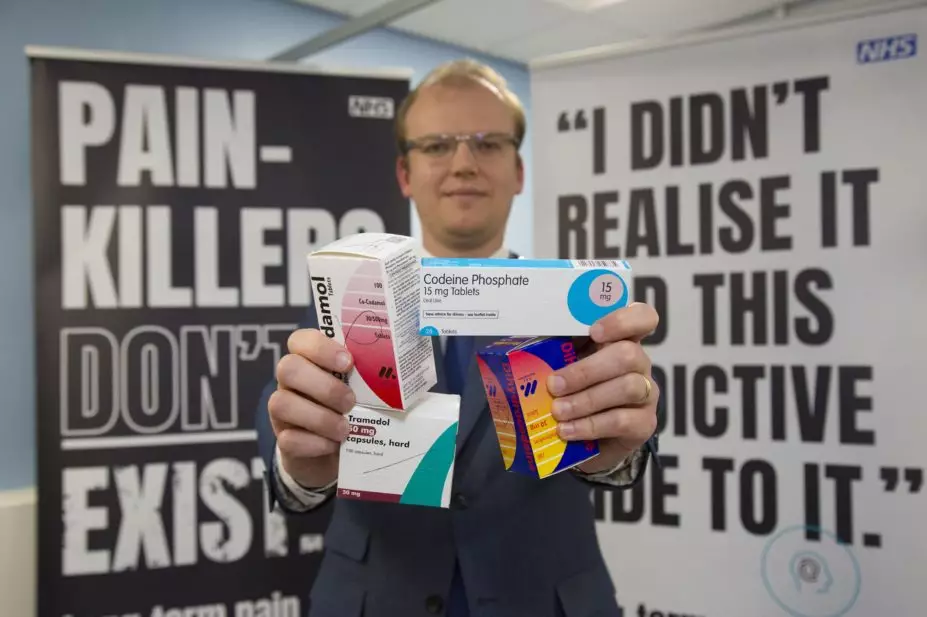
Sunderland CCG
A clinical commissioning group (CCG) in the north east of England has launched a campaign to tackle opioid addiction after it was found to have one of the highest prescribing rates of opioids in the country.
The ‘Painkillers don’t exist’ campaign launched in Sunderland CCG on 9 October 2019 with a patient-facing website, billboards and posters at bus stops, as well as campaign materials for GP practices.
According to the latest statistics from the independent website OpenPrescribing, Sunderland CCG had the highest prescribing rate for codeine in England in August 2019, with 9,535 items prescribed.
In the same month, 5,964 items of tramadol were prescribed in the CCG, making it the second highest prescriber of the drug after Durham Dales, Easington and Sedgefield CCG.
Emma McClay, medicines optimisation pharmacist at Sunderland CCG, who is leading on the campaign, told The Pharmaceutical Journal that, considering the data, her team “felt that we had to do something to tackle this”.
“We’ve heard from GPs that there is some patient resistance [to reducing opioid prescribing],” she said.
“We’ve engaged the practitioners and prescribers really well, but one of the important things we need to do is engage the public.
“[That] makes it easier for the GPs to have that conversation because that person isn’t cold to the idea [of reducing their use of opioids]. That’s how we developed the idea of a public-facing campaign.”
McClay added that the tagline “painkillers don’t exist” relates to 2015 guidance published by the Royal College of Anaesthetists, which suggests there is little evidence to suggest opioids are helpful for long-term use.
A review published by Public Health England in September 2019 found that more than 500,000 patients in England were continuously prescribed an opioid for three years or more.
Claire Bradford, medical director of Sunderland CCG, added that the Sunderland campaign offers a “two-pronged approach to this problem”.
“As well as encouraging opioid users to discuss their painkiller use with their GPs, we are working hard with 220 GPs and their practices across the city to ensure this issue is a priority and offer alternative solutions to pain management for patients.”
The campaign, which was organised with the help of Magpie, a public relations firm, is set to be discussed at a regional level in November 2019, to examine its potential for wider adoption across the north east.
“We’ve got a group of people that are looking to tackle painkiller addiction and high rates of painkiller prescribing across the north east,” McClay said.
“We’ll be taking this campaign to them in the hopes that it might get adopted regionally. We have had an interest from neighbouring CCGs.”
As co-chair of the English Deprescribing Network, McClay added that the campaign “potentially might” be adopted nationally.
You may also be interested in

Voice of the Voiceless: co-produced materials to help reduce stigma for people receiving opioid substitution treatment in pharmacies

PJ view: The government’s approach to illegal street drugs should focus on treatment and prevention
